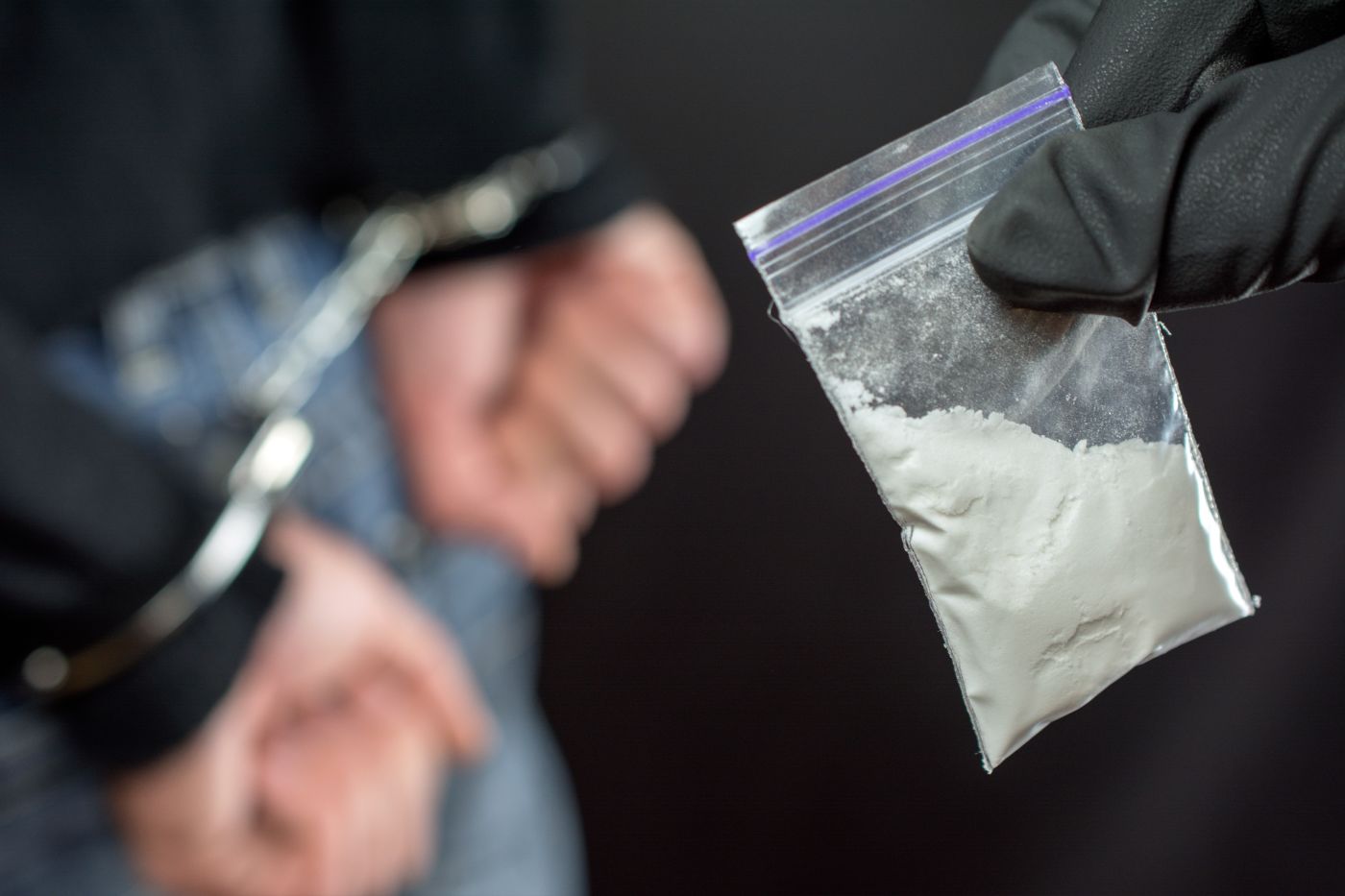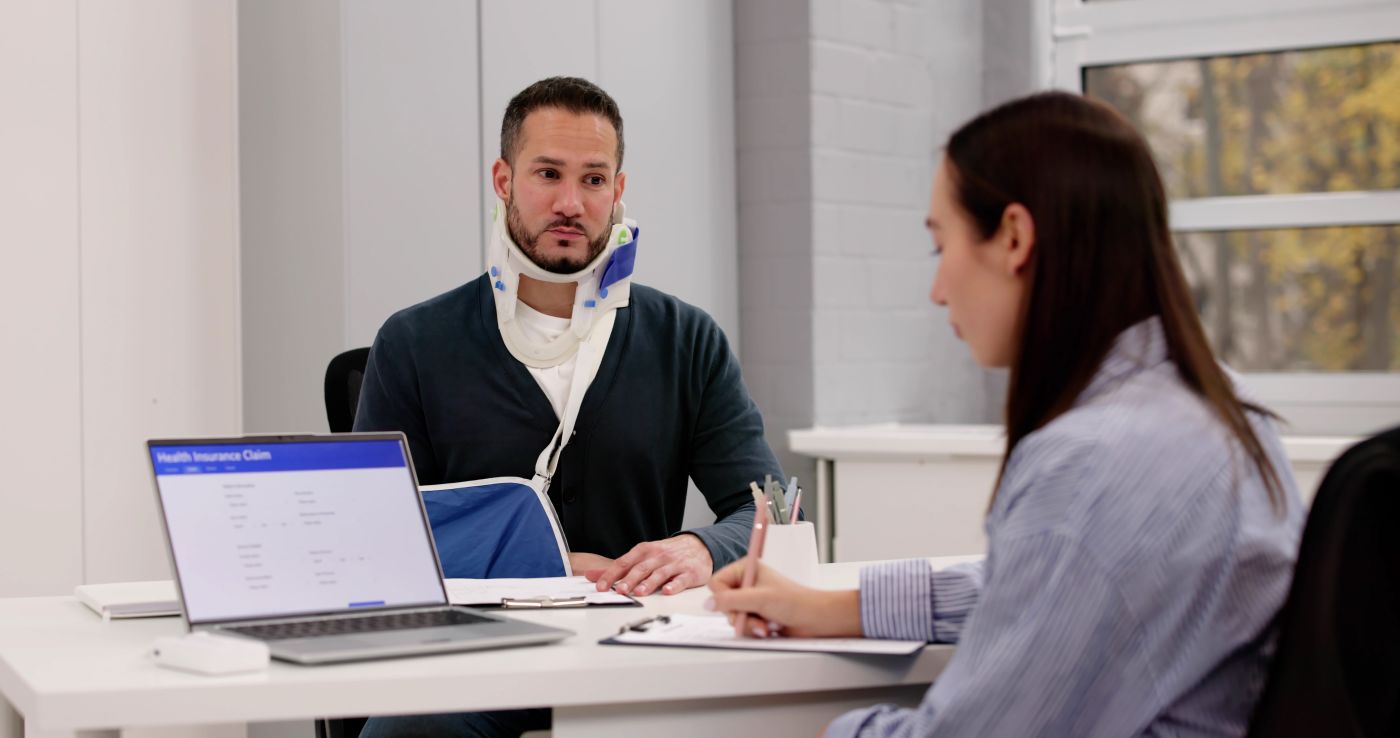
Drug crimes not only carry the risk of severe legal penalties but also can have long-lasting social and economic impacts.
Facing these charges requires a precise and determined approach that protects your rights and future. A solid criminal defense helps mitigate these consequences and defends against aggressive prosecution.
Drug crime charges often lead to a maze of legal issues that require a firm strategy to counter. Many defendants lack a full understanding of how charges against them may result in imprisonment, hefty fines, or a tarnished record that hinders employment opportunities.
With the stakes so high, having an experienced legal advocate by your side can make all the difference in securing a favorable outcome.
Preston Day Law offers robust criminal defense services for Utah residents facing drug crimes. Reach out today if you're looking for skilled and dedicated legal representation.
An Overview Of Drug Crimes
Drug crimes cover a wide range of offenses. They include not only possession and distribution but also trafficking and manufacturing. The laws governing these offenses vary based on the type and quantity of controlled substances involved. In many cases, even a single possession charge can trigger enhanced penalties if drug-related evidence is involved.
Types Of Drug Charges
Understanding the various types of drug charges is crucial when mounting your criminal defense. Each charge carries distinct elements and potential penalties, which in turn shape the strategy for your defense. Below is a summary of common drug charges with key details for each:
Possession charges: These occur when an individual is found in control of controlled substances without proper authorization. Possession charges can range from a misdemeanor to a felony, depending on the substance and amount.
Distribution charges: These involve the selling, delivering, or offering of controlled substances to others. Distribution charges typically carry harsher penalties due to the broader impact on public safety.
Trafficking charges: Trafficking refers to the large-scale movement of drugs across state or national borders. Such charges are often accompanied by severe penalties owing to the significant quantities involved.
Conspiracy charges: These charges apply when two or more individuals agree to commit drug offenses. Conspiracy charges can lead to convictions even if the planned crime was not fully executed.
Manufacturing charges: These are brought when someone is involved in producing or cultivating controlled substances. Manufacturing charges can result in lengthy prison terms given the potential for widespread distribution.
Consequences Of Drug Crimes
The consequences of drug crimes can be far-reaching. Criminal convictions can lead to incarceration, probation, and a permanent criminal record. Beyond immediate penalties, drug convictions impact your civil rights—such as the right to vote or possess firearms—and can hinder your employment and educational opportunities.
Social and personal consequences also emerge following a conviction. Family relationships may suffer, and community reputation can be permanently damaged. Financial strain is common, as legal fees, fines, and lost income accumulate quickly. When facing drug charges, it’s important to understand all potential ramifications.
Defending Against Possession Charges
Challenging a possession charge requires a focused approach. Many possession charges hinge on the circumstances of the arrest and the evidence obtained at the scene. In some cases, law enforcement may lack proper justification or violate procedural rules during the search. Highlighting these errors is an essential part of a strong criminal defense.
Key defenses in possession cases include challenging the search and seizure process. If evidence was obtained in violation of constitutional rights, the defense may move to exclude it. Other defenses may assert that the substance was not in your control or that it was transferred without your knowledge. Each case requires thorough analysis to identify any weaknesses.
Defending Against Distribution Charges
Distribution charges typically carry harsher penalties than simple possession. Defending against these allegations involves scrutinizing every piece of evidence that links you to the sale or transportation of drugs. Law enforcement must prove that you had the intent to distribute and that you were actively involved in drug transactions.
Possible defenses include arguing that the drugs were intended for personal use rather than distribution. Other strategies focus on questioning the reliability of the evidence, such as the accuracy of drug quantity measurements or the credibility of wiretap recordings.
If your rights were violated during the investigation, the defense may succeed in getting key evidence excluded from the trial.
How We Build Comprehensive Defense Cases
A comprehensive defense case integrates legal arguments, evidence challenges, and practical considerations. Start by constructing a clear timeline of events from your arrest to your court appearances. This timeline should detail every interaction with law enforcement, the discovery of evidence, and subsequent legal actions. Key components of a robust defense include:
Alibi evidence: Testimonies or records that prove you were not at the scene.
Chain of custody documentation: Detailed records showing potential mishandling of evidence.
Witness statements: Accounts that contradict the prosecution’s narrative.
Legal precedents: Prior rulings that support your legal arguments.
Integrating these elements creates a coherent narrative that challenges the prosecution’s case on multiple fronts. A well-prepared defense not only addresses the immediate charges but also considers the long-term impacts on your life. This comprehensive approach is critical to mitigating the consequences of drug crimes.
How Evidence Impacts Drug Crime Cases
Evidence plays a pivotal role in drug crime cases. The prosecution’s case often rests on physical evidence and witness testimony. This may include searches, surveillance footage, and digital data from electronic devices. For the defense, questioning the collection, handling, and admissibility of this evidence is key to weakening the prosecution's position.
One approach is to scrutinize the chain of custody for the drugs or paraphernalia. Another is to challenge the reliability of forensic testing methods. Maintaining detailed logs and records throughout the investigation can also be beneficial. The defense aims to show that errors or oversights in handling evidence have occurred.
Practical Considerations For Defendants
Defending against drug charges involves more than just legal arguments. It requires careful management of both immediate and long-term implications. The personal, social, and professional impacts of a drug conviction are significant, and addressing these issues is part of a comprehensive defense strategy. Consider these practical steps:
Meeting court deadlines: Keep track of all legal dates and verify timely filings.
Documenting interactions: Record every communication with law enforcement and legal representatives.
Maintaining a support network: Lean on family and professional counseling to manage the emotional toll.
Organizing financial records: Prepare documentation of all expenses related to your case, including legal fees and lost income.
These steps help build a strong foundation for your defense. They also contribute to a more organized legal process and can influence the outcome of your case favorably.
Contact Our Firm Today
If you're facing drug possession or distribution charges, Preston Day Law is here to support your criminal defense. Our experienced Utah defense lawyer helps build a comprehensive case that challenges every aspect of the prosecution's claims.
Our firm serves clients in Alpine, Utah, as well as throughout the surrounding areas of Salt Lake County and Utah County. Contact us today for clear, personalized legal assistance.


